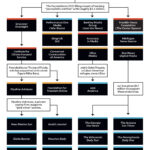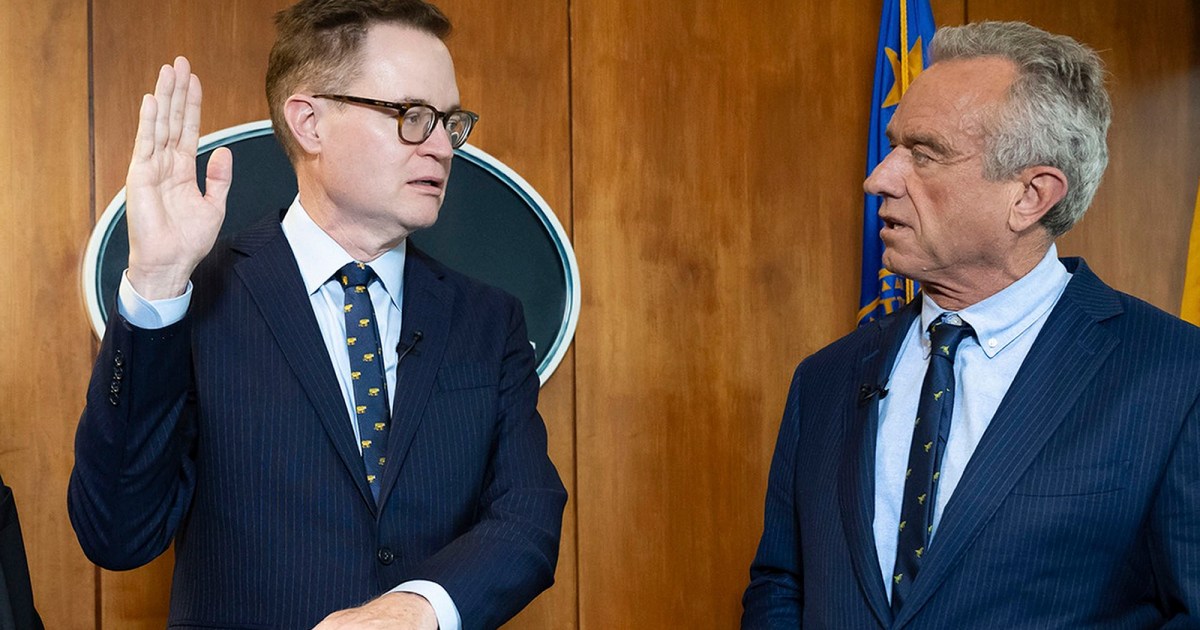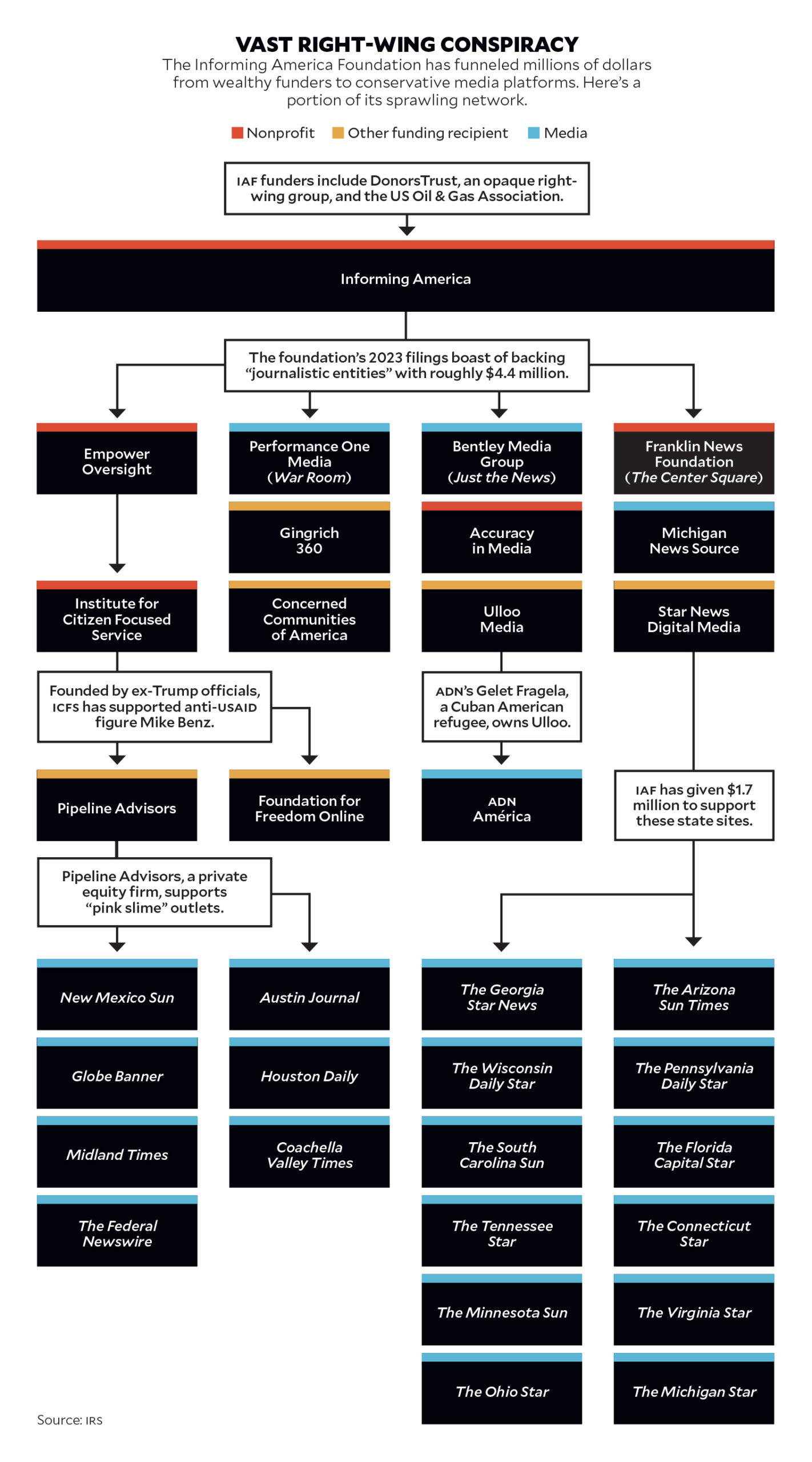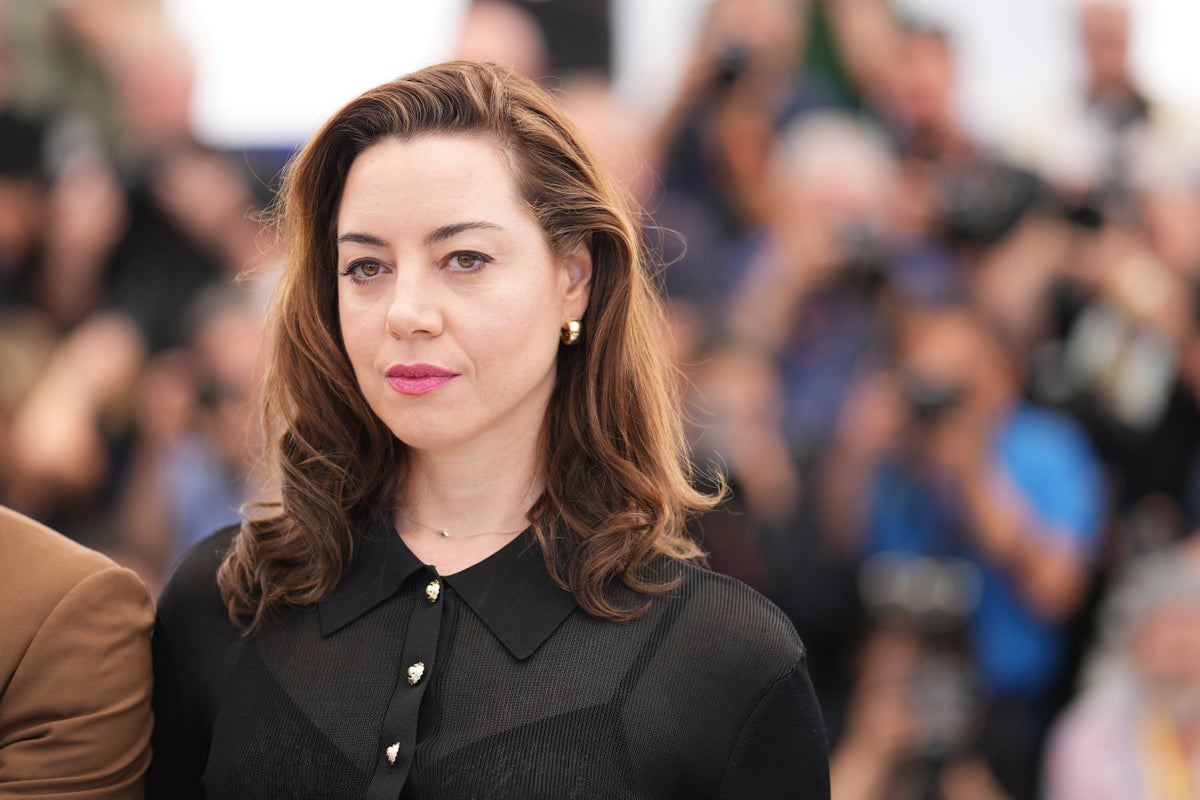This week, Centers for Disease Control and Prevention (CDC) director Susan Monarez was suddenly fired after she allegedly refused to follow Health and Human Services Secretary Robert F. Kennedy Jr.’s directives on immunizations. Top CDC officials resigned in protest and were escorted from the agency’s Atlanta headquarters. One of those officials was Dr. Demetre Daskalakis, who led the National Center for Immunization and Respiratory Diseases. Daskalakis told CBS News that he was “very concerned that there’s going to be an attempt to re-litigate vaccines that have already had clear recommendations with science that has been vetted.”
Now, Jim O’Neill, a former tech investor and current Deputy Secretary of Health and Human Services under Kennedy, has been appointed acting director of the agency. O’Neill comes not from a background in science but from the tech world. He is especially well-connected in the Silicon Valley longevity movement, which seeks to extend human lifespans, and, to a lesser extent, to the “network state” vision of tech-governed fiefdoms championed by Thiel and other influential Silicon Valley figures.
O’Neill first came on the scene in 2016, when President Donald Trump was considering him for the role of commissioner for the Food and Drug Administration. At the time, O’Neill suggested that pharmaceutical companies should not be required to use clinical trials to prove drugs work, only to prove their safety. “Let people start using them, at their own risk,” he argued in a 2014 speech.
During the Covid pandemic, O’Neill supported unproven treatments. The Guardian reported that O’Neill “voiced public support for unproven treatments that were not supported by scientific evidence, including ivermectin and hydroxychloroquine, as well as vitamin D as a supposed ‘prophylaxis.’”
O’Neill’s worldview appears to be deeply influenced by his years working alongside Peter Thiel. O’Neill held leadership roles at Thiel’s Mithril Capital and the Thiel Foundation. He also helmed the Thiel-backed SENS Research Foundation, dedicated to “addressing the root causes of aging.”
As MIT Technology Review reported in June, O’Neill is also connected to Silicon Valley’s growing “network state” movement. Popularized by entrepreneur Balaji Srinivasan in his 2022 book The Network State, the idea involves online communities that eventually gain physical land. O’Neill met with Srinivasan and Trump in 2017, when Trump was reportedly considering both of them for FDA jobs.
On the campaign trail, Donald Trump picked up on the network state concept when he proposed building “freedom cities” on federal land in rural areas. An organization called the Frontier Foundation drafted an open letter in February pushing Trump to act on that idea. Last year, O’Neill posted on X, “Build freedom cities.” Financial disclosure documents uncovered by MIT Technology Review revealed that O’Neill also served on the board of the Seasteading Institute, a network-state project that aims to build a floating nation at sea.
Another of O’Neill’s fans is Niklas Anzinger, an entrepreneur and founder of Infinita City, a biotech hub in Próspera, a special economic zone in Roatán, Honduras, and the crown jewel of the Network State movement. Anzinger advocates for “longevity cities”—experimental urban jurisdictions designed to fast-track biomedical advances through agile regulation and infrastructure. Last November, Anzinger wrote on X that O’Neill “would be my most celebrated pick for the new administration—go Jim!”
Not everyone is so optimistic about a Silicon Valley techno-optimist taking charge of the nation’s public health. On Bluesky, Tara Smith, an epidemiologist at Kent State University, likened Kennedy’s choice of O’Neill’s to lead the CDC to “making Elon Musk head of the FAA.”















